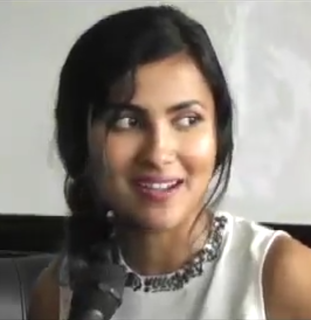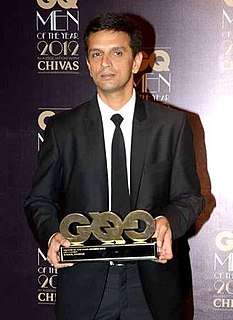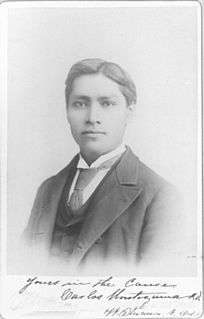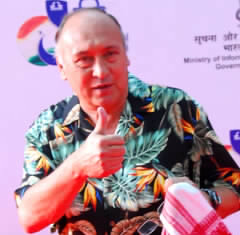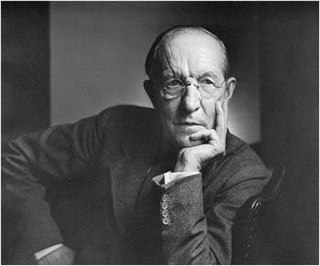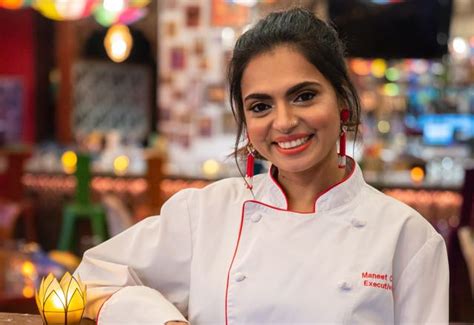A Quote by Joseph Bruchac
There are many people who could claim and learn from their Indian ancestry, but because of the fear their parents and grandparents knew, because of past and present prejudice against Indian people, that part of their heritage is clouded or denied.
Related Quotes
I had an Indian face, but I never saw it as Indian, in part because in America the Indian was dead. The Indian had been killed in cowboy movies, or was playing bingo in Oklahoma. Also, in my middle-class Mexican family indio was a bad word, one my parents shy away from to this day. That's one of the reasons, of course, why I always insist, in my bratty way, on saying, Soy indio! - "I am an Indian!"
And there is also the paradox that the dominating culture imbues the Indian past with great meaning and significance; it is valued more because it is seen as part of the past. And it is the romantic past, not the present, that holds meaning and spiritual significance for so many members of the dominating culture. It has seemed so strange to me that the larger culture, with its own absence of spirit and lack of attachment for the land, respects these very things about Indian traditions, without adopting those respected ways themselves.
Indian actors, because of the format of our stories, need to be good actors, and be able to perform emotional sequences, do a bit of comedy, dance and singing, action, because all of this forms just one film. In many ways I'd say there are greater demands on Indian actors than there are on Hollywood.
Like all of Latin America, Mexico after independence in 1821 turned its back on a triple heritage: on the Spanish heritage, because we were newly liberated colonies, and on our Indian and black heritages, because we considered them backward and barbaric. We looked towards France, England and the U.S., to become progressive democratic republics.
The average Indian doesn't care about Hollywood movies because they have far too many movies of their own to watch, to miss, and I hope a story like 'Million Dollar Arm,' that is actually about India and deals with these two Indian kids, resonates over there and makes people want to go and see the movie.
I did read Indian scriptures when we could get the English versions, but the problem was I never took the time to learn the language. Really, what it comes down to is that I knew the emotion of faith; I knew what my parents were trying to teach me, but we always said 'No' when my mom was trying to teach us Punjabi.




